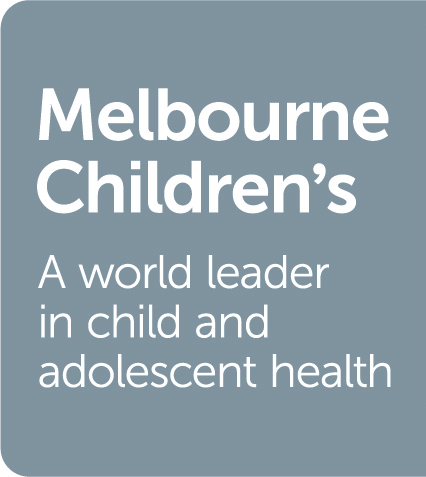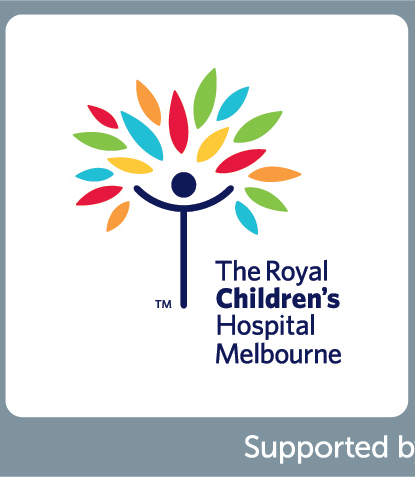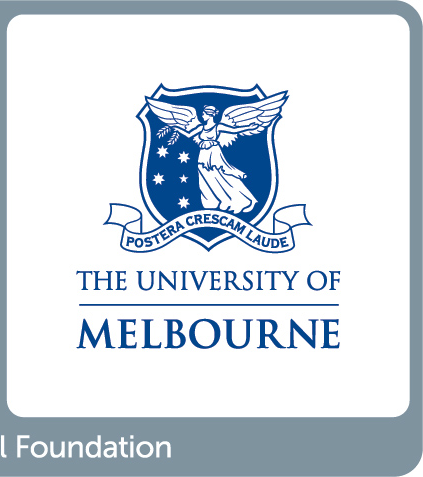Measurement
AAQ: Adult Attachment Questionnaire
Reference and/or access link:
Simpson, J. A., Rholes, W. S., & Nelligan, J. S. (1992). Support seeking and support giving within couples in an anxiety-provoking situation: The role of attachment styles. Journal of personality and social psychology, 62(3), 434.
Simpson, J. A., Rholes, S. W., & Phillips, D. (1996). Conflict in close relationships: An attachment perspective. Journal of Personality and Social Psychology, 71, 899-914. doi: 10.1037/0022-3514.71.5.899
Appears in:
- VAHCS: Family environment
- VAHCS: Mental health and behaviour problems
- VAHCS: Romantic relationships
- ATP: Family environment
- ATP: Mental health and behaviour problems
- ATP: Romantic relationships
- Triple B: Family environment
- Triple B: Mental health and behaviour problems
- Triple B: Romantic relationships



